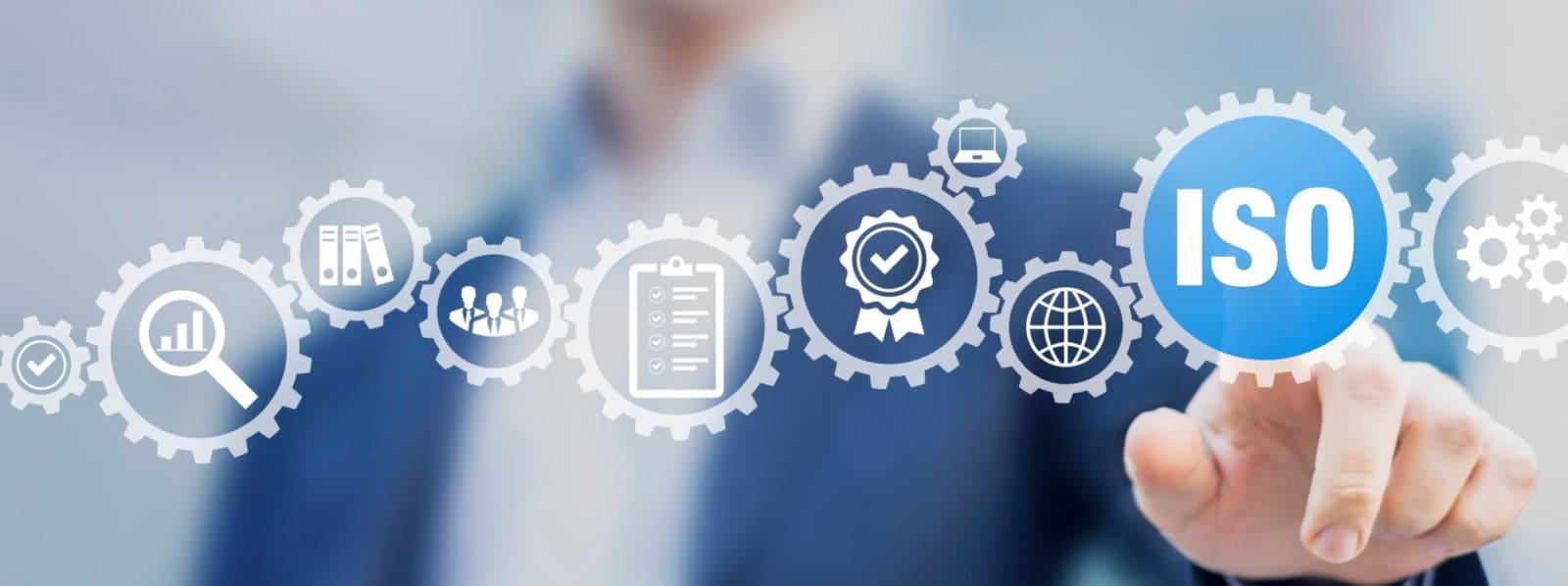
Microsoft Copilot: IT Managed Services & AI Integration for Businesses
Revolutionize your service desk! Microsoft Copilot offers IT managed services & AI integration. Enhance your business with AI-powered service & expert IT management.
Your London Telecoms and IT partner

Every country is unique in its professional approach – the way they conduct business represents their culture and traditional ethos. The Japanese are serious about Omiyage, a practice of offering gifts to colleagues, clients or corporate partners, and they are also known for their bonding over business lunches, complete with etiquette, protocol and of course chopsticks.
The Chinese negotiation style is often more indirect than in the West. They would use silence and other nonverbal cues to communicate, with a focus on building relationships and they may be more likely to accommodate all your terms in order to seal the deal.
The Americans are very relaxed about the way they carry out their business, more direct and competitive, with a strong emphasis on individualism, unlike in Japan and China. What works for one country may or may not work for another; each country develops products and services according to their own national requirements and standards.
This could unfortunately create barriers to trade, especially for international operations. The International Organization for Standardization was therefore established in 1947 as an independent, non-governmental global institution to develop and publish international standards that could facilitate trade and cooperation across borders.
These standards could be adopted and recognized by all countries. ISO’s standards have always promoted consistency and compatibility in products and services, which in turn makes it easier for businesses to operate on a worldwide platform.
Followed by over 160 countries today, ISO’s standards cover a wide range of areas, from quality management to environmental management, information security, and corporate social responsibility.
Since its inception in February 1947 in Geneva, Switzerland, ISO experts from various fields create ideas that describe the best way of doing something – developing a product, delivering a service, directing a process, distributing or supplying materials. These certifications are carried out by third-parties who rigorously audit an organization’s management system and determine whether these systems meet the requirements of a specific ISO standard.
to create a highly efficient work process, with least resources, eliminating failures, would mean adhering to Quality Management Standards (ISO 9000 family)
to lower ‘carbon footprint’ by reducing waste, opting for sustainable processes, clean energy and thus ensuring minimum environmental impact would mean aligning businesses to Environmental Management Standards (ISO 14000 family)
by eliminating accidents in the workplace and ensuring safety & comfort norms laid down by the International Labour Law, a firm would look at a certification in Occupational Health and Safety Standards (ISO 45001)
by reducing the consumption of energy, or in other words, by maximizing its use, thus improving the bottom line would get you a certification in Energy Management System (ISO 50001)
by providing healthy and safe (uncontaminated) food products, by demonstrating its ability to control food safety hazards, the process would get you a certification in Food Safety Management Systems (ISO 22000)
to offer clients world’s best-in-class IT security, cybersecurity, data protection and cyber resilience practices is to ensure a certification in Information Security Management Systems (ISO 27000 family)
In today’s world of the internet, almost every business in London is moving towards digital processes, be it producing, procuring, promoting or performing! And when you want to decide which technical professionals need to be contracted, it would be best to join hands with someone who has ISO certifications already in place. Having a safe, reliable and quality-verified partner will ensure that you focus on your main business, improve your productivity and reduce errors and wastage. This intent to safeguard your clients and end-users will thus reflect on your goodwill.
An IT services company will require immense preparation to get any of these certifications. For a holistic approach to two different but important aspects of business, getting certified with ISO 9001 & ISO 27001, align well in terms of customer satisfaction in the IT sector. And Portman Tech understands how essential these two ISO certifications are – best practices for offering the highest possible quality of service along with the quintessential need to address Information Security risk assessment and risk management.
It’s true that the process of certification is often time-consuming, results in incurring additional costs (is available only to those who can afford them) and introduces several formal activities, which in turn take employees away from their core jobs. Also, this isn’t a life-time certificate and needs to be renewed with audit after every three years. Finally, due to its sheer complexity, the process relies on external consultants and auditors. Yet, in the long term, it would only benefit an organization!
By adhering to international standards of quality assurance, manufacturing and business, a company can initiate goodwill and the trust of its customers, as well as earn respect amongst its competitors. An efficient communication and feedback system will guarantee that the products and services are meeting customer requirements, and this perseverance to quality norms will fabricate a rich professional culture within the entire workforce. Most importantly, procuring ISO certifications will help you soar not locally or within the United Kingdom but to the farthest market in the world.
In order to get ISO certified, an organization will need to develop a quality management system, apply it to practice, get it audited by an external accredited body and then register with the certifying institution. Your first step towards this might be to collaborate with partners who are already ISO certified and can assure your non-core backend processes (like IT) are streamlined and managed most efficiently & securely.
To know how an ISO 9001 & 27001 certified IT managed services company, in the heart of London, can enhance your business methods and thus help you generate more revenue, give us a call at Portman Tech!
ABOUT THE AUTHOR

Vikas Shah joined Portman Tech as Chief Technology Officer in 2018. IT has always been his passion and he has built his career around technology. Vikas closely follows developments in technology, providing clients with solutions that fit their requirements.

Revolutionize your service desk! Microsoft Copilot offers IT managed services & AI integration. Enhance your business with AI-powered service & expert IT management.

Discover what VoIP is, how it works, and the best service provider for small to medium businesses. Explore the difference between landlines and VoIP, and the appealing features and tools available.

VPNs for Business: – In today’s business world, it’s essential to protect your company’s data and your employees’ privacy. A VPN can be a valuable tool for achieving this goal.

0800 862 0120
hello@portmantech.com
123 Aldersgate Street, London EC1A 4JQ